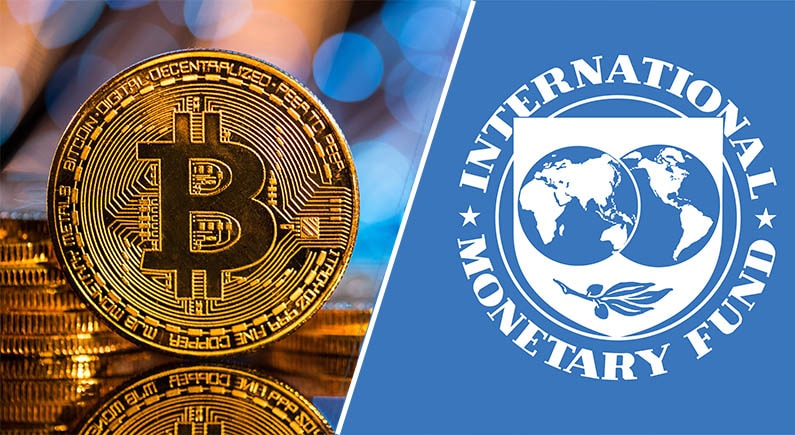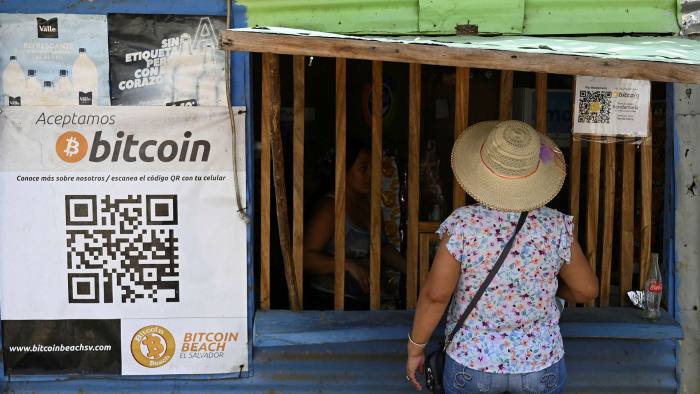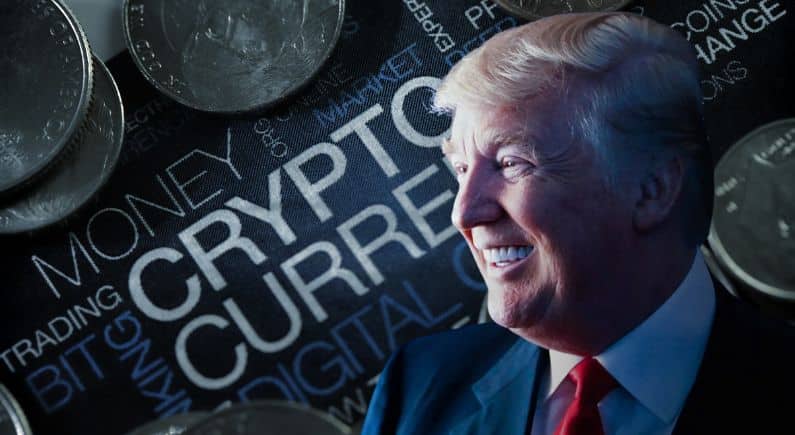Chief Economist of the International Monetary Fund signals the need for a global policy approach towards cryptocurrencies

Throwing her hat into the ring, Gita Gopinath notes that the emergence of cryptocurrencies as a disruptive force in the global financial system should be met with an equally global harmonization of policy rather than a blanket ban
Gopinath, the current acting Chief Economist of the IMF and future deputy managing director of the international organization, has noted that the realities of international finances means that only a consensus between the community of national states can ensure that cryptocurrencies can be integrated successfully in said system.

Her argument is based on the fact that, should any single nation-state seek to ban the currencies within its own border, they would be yielding control over any offshore exchanges not recognized by the internal regulations of the state, allowing individual actors to bypass the said state completely. To quote Dr. Gopinath directly from her statements at a seminar conducted by the National Council of Applied Economic Research, “There are challenges to banning it whether you can end up with truly banning crypto because many exchanges are offshore and they are not subject to regulations of a particular country.”
Her remarks come at an opportune time as the onset of the Omicron variant and global supply chain shocks have acted as the perfect storm for unforeseen levels of global inflation, putting the established fiat currencies under massive amounts of duress. This has only galvanized the rise of Blockchain, cryptocurrencies and other related advancements in alternative fintech. This unprecedented change has also seen the governments of the world scramble haphazardly to attempt to either harness or control the emerging industry.
Earlier this month, the Russian Central Bank issued a statement completely excluding mutual funds from investing in cryptocurrencies. The United Kingdom has also taken a more conservative stance on the emerging industry by compelling the Financial Conduct Authority to limit cryptocurrency firms from using nomenclature related to investment in their marketing strategies. On the other hand, India has embraced rather than avoided the burgeoning sector with the government in the process of approving a bill that would regulate cryptocurrencies. Going even further than that, South America has broken ground as a region in its enthusiasm for the emerging industry with El Salvador recognizing Bitcoin as legal tender.

Given the sheer diversity of approaches towards the industry from fearful blanket bans to exuberant legislation and everything in between, the need for a global dialogue and policy has never been more needed. Hence the IMF, which has long been a bellwether for the evolution of the global financial system ever since its inception, has a massive part to play in any development of the policy moving forward. The signal sent by such a significant representative of the organization speaking out on the need for such an approach cannot be understated in its importance.
Story sourced from CoinTelegraph.
AIBC returns to the United Arab Emirates:
Drawing the leading figures of the emerging tech world to the Middle Eastern metropoles for cutting edge technology, the 2022 AIBC UAE expo plans to unite the policy-makers, developers, C-suite executives, and legal experts of the burgeoning AI and Blockchain sectors. Through three days of educational panels, inspiring keynote speeches, workshops, and networking events, the expo seeks to create the foundation that the Industrial Revolution 4.0 can be built upon. Join us from the 20th to 23rd March 2022, in UAE.









